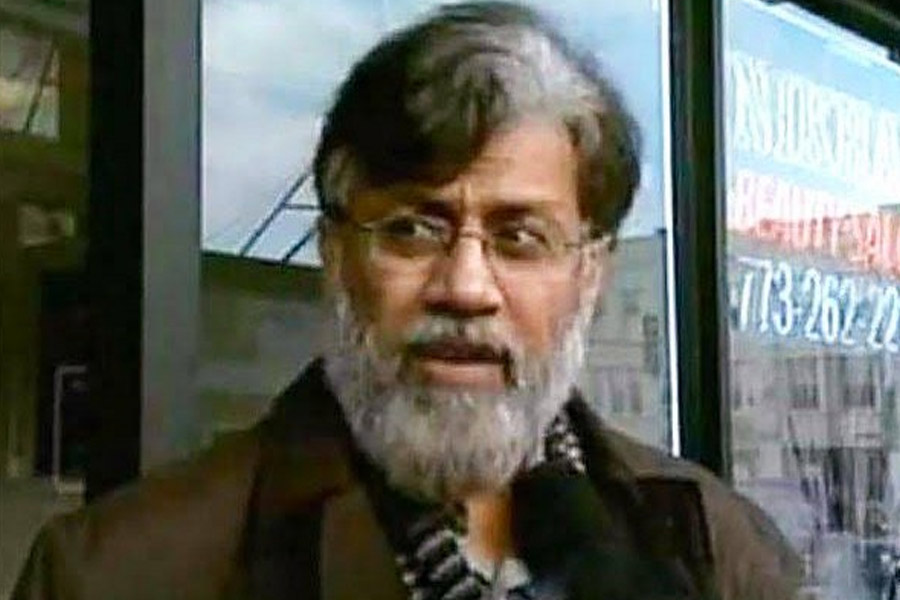Tahawwur Rana, the 26/11 Mumbai terror attack accused, has moved an “emergency application” before the US Supreme Court against his impending extradition, arguing he would be tortured in India since he is a Muslim of Pakistani origin.
He has cited London high court’s decision stopping businessman Sanjay Bhandari’s extradition to India. Bhandari, accused of money laundering and tax evasion in the UK, too had expressed the fear of torture.
A Canadian national of Pakistani origin, Tahawwur Rana is lodged at a metropolitan detention centre in Los Angeles.
Rana, 64, filed two petitions to the same effect, on February 13 and March 2, before the Associate Justice of the Supreme Court of the United States and Circuit Justice for the Ninth Circuit.
Last month, President Donald Trump announced that his administration had approved the extradition of the “very evil” Rana “to face justice in India”.
Trump’s announcement followed the rejection of Rana’s review petition by the US Supreme Court in January.
Rana, an alleged associate of Pakistani-American terrorist David Coleman Headley, one of the main conspirators behind the 26/11 attacks, has now sought a stay on his extradition and surrender to India pending litigation, including the exhaustion of all appeals. He has argued that his extradition would violate US law and the United Nations Convention Against Torture “because there are substantial grounds for believing that, if extradited to India, petitioner will be in danger of being subjected to torture”.
“The likelihood of torture in this case is even higher though as petitioner faces acute risk as a Muslim of Pakistani origin charged in the Mumbai attacks,” one of his applications said.
It added that Rana ending up at an Indian detention facility would effectively mean a death sentence, given his “severe medical conditions”.
It cited medical records from July 2024 showing that he had multiple “acute and life-threatening diagnoses”, including several documented heart attacks, Parkinson’s disease with cognitive decline, a mass suggestive of bladder cancer, stage 3 chronic kidney disease, and a history of chronic asthma and Covid-19 infections.
“Accordingly, petitioner certainly has raised a credible, if not compelling, factual case that there are indeed substantial grounds for believing he would be in danger of torture if surrendered to Indian authorities,” the petition said.
“Further, because of his Muslim religion, his Pakistani origin, his status as a former member of the Pakistani Army, the relation of the putative charges to the 2008 Mumbai attacks, and his chronic health conditions, he is even more likely to be tortured than otherwise would be the case, and that torture is very likely to kill him in short order.
“...Therefore, we respectfully request that this court enter an order staying the extradition and surrender of petitioner pending a full and considered hearing on petitioner’s claims by the district court, circuit court, and, if necessary, a writ of certiorari to and further proceedings before this court.”











